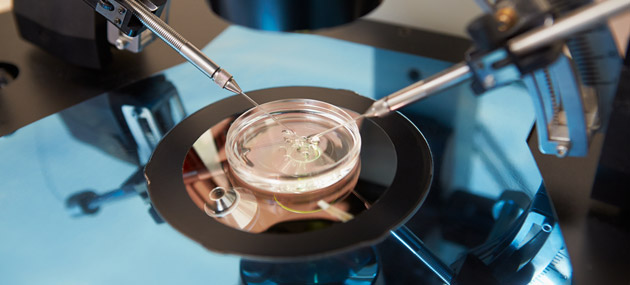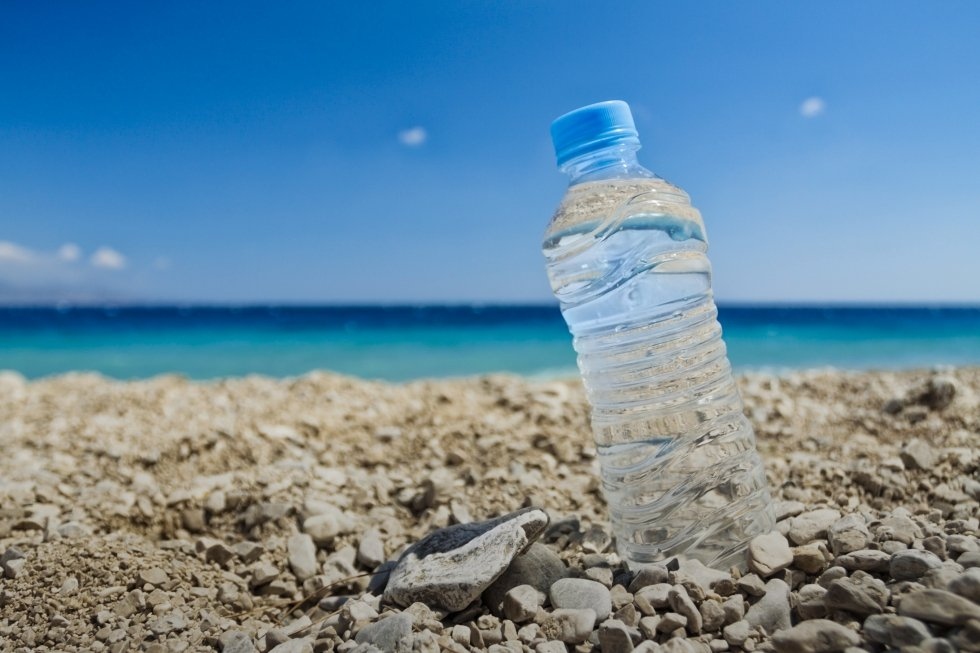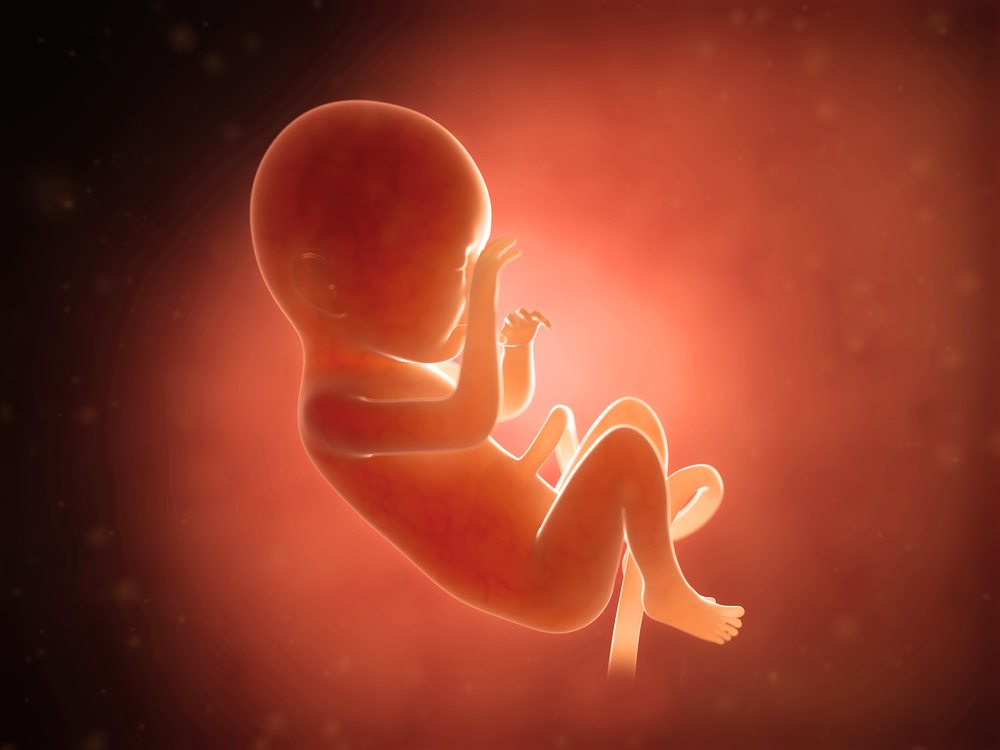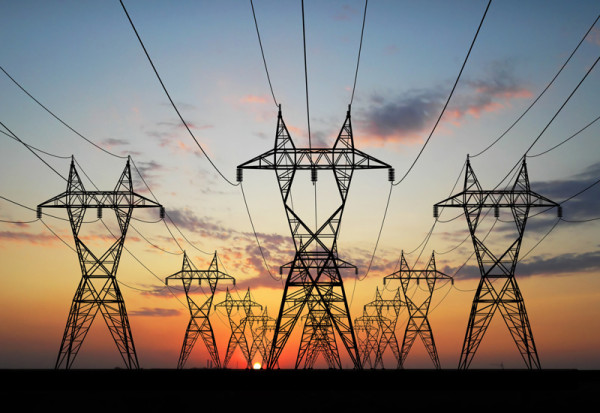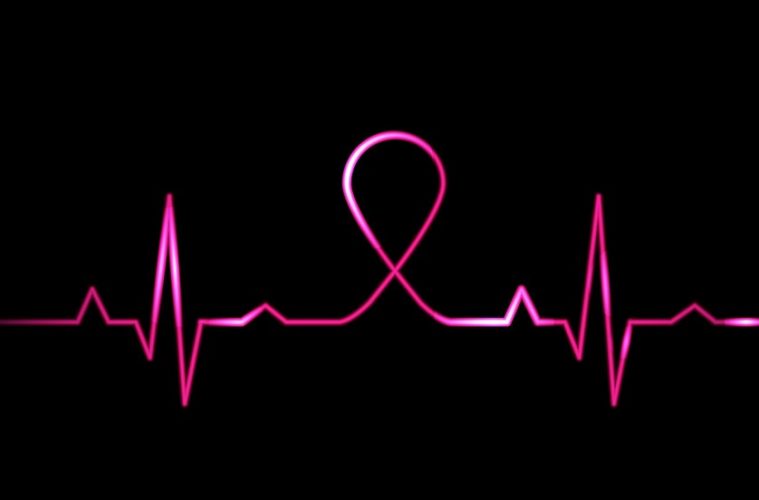
#28. Fertility Causes Breast Cancer

Myth: The risk of breast cancer rises up after one undergoes a fertility treatment as estrogen is said to cause breast cancer
Fact: As there hasn’t been a large level of research yet, there is no definite answer to this. Fertility tests are still under suspicion.
#27. Warm Water From Plastic Bottle
Myth: Many times, people worry about warming or freezing food and drinks in plastic containers or bottles as it releases a chemical called bisphenol A (BPA) which can cause cancer cells if connected with our hormones.
Fact: Researchers agree that plastic bottles are exposed to extremely high temperatures, which can release BPA in water. However, the amount of mixture is not said to be harmful for human consumption.
#26. Breast Implants
Myth: Breast implants (silicone, saline or PIP) will surely increase the risk.
Fact: Women with implants need to inform before their breast screening process about it. As the radiographer might not be able to check on the breast tissues do not increase your risk of breast cancer. They might require additional X-ray images.
There’s a connection between implants and hormonal change which is not yet said to be the reason for breast cancer.
#25. Don’t Abort
Myth: Abortion raises your risk of getting breast cancer is a belief going on since breast cancer became known to us.
Fact: Abortion is said to disrupt hormone cycles and breast cancer is linked to hormone levels. Studies have stated a causal link but no conclusive evidence is there to say that breast cancer is linked with abortion.
#24. Pregnancy Privilege
Myth: During pregnancy, women can’t get breast cancer.
Fact: Breast cancer is most diagnosed cancer in pregnant and postpartum women. There’s a valid reason behind it. During pregnancy or breastfeeding, women’s breasts become more tender and grow, due to which it is difficult to find a lump or other changes.
#23. Stay Away From Power Lines
Myth: Living close to power lines is a reason behind breast cancer.
Fact: A study was conducted in 2003 to explain the relation of a high number of cancer patients in Long Island, N.Y. living near the power lines. Previously, the same research was conducted in Seattle and there was no connection again.

